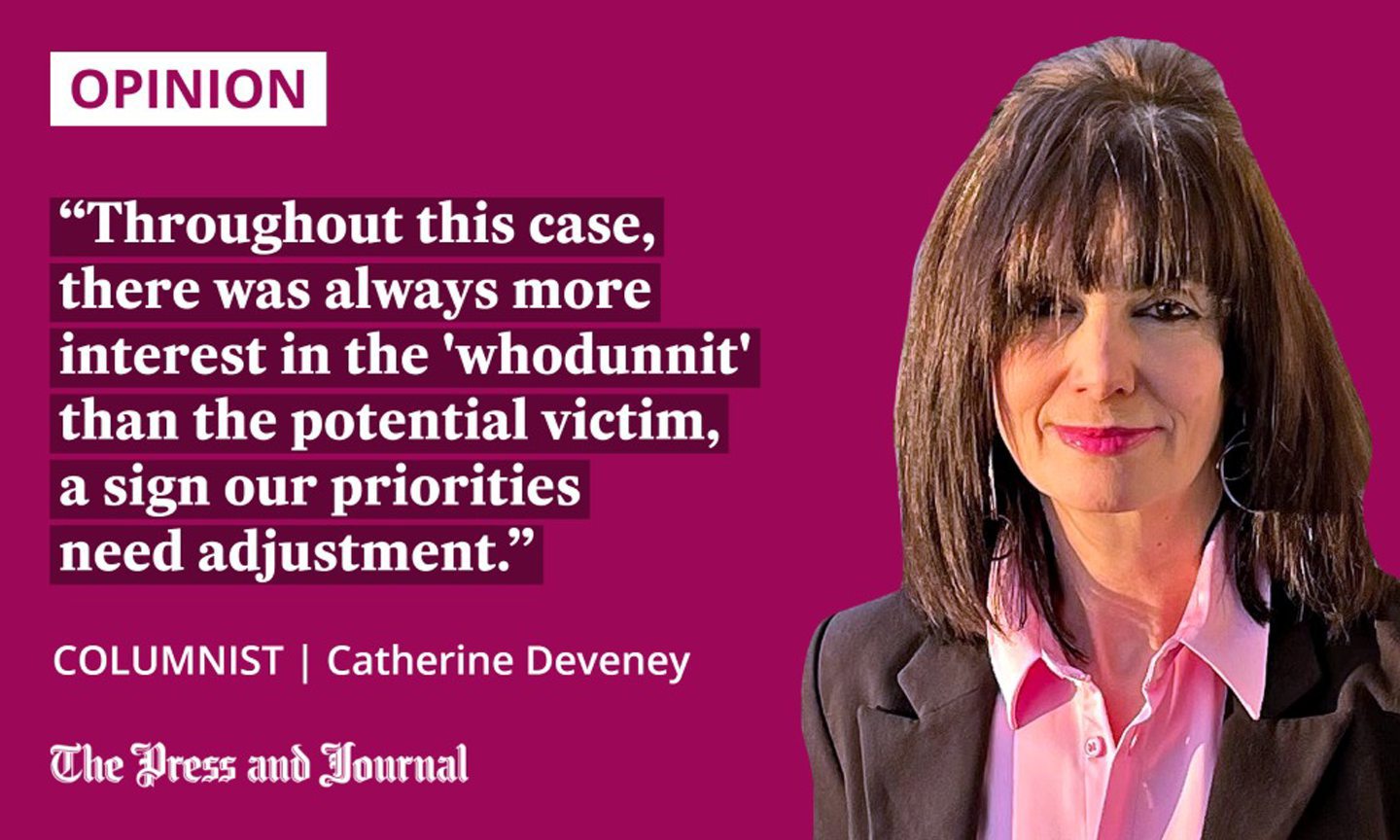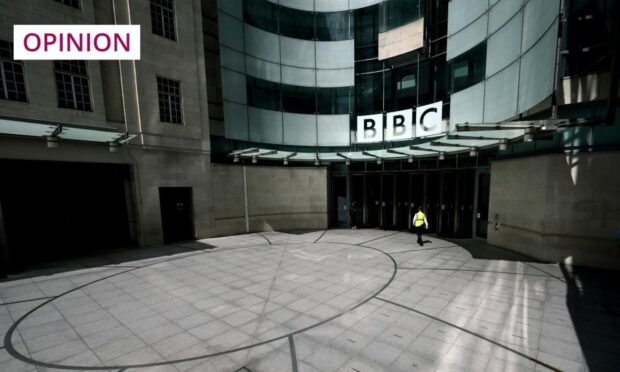There has been, in the coverage of the BBC cash for photographs scandal this week, the distinct whiff of schadenfreude from Tory politicians who dislike the accountability the Corporation demands of them.
With breathtaking chutzpah, Priti Patel called for “transparency”, labelling the BBC, “faceless and unaccountable”, which was kinda rich coming from an ex-minister in a government more associated with party poppers, dodgy deals, and fixed penalty notices than public honesty.
As home secretary, Patel also dismissed Law Commission recommendations calling for a legal defence for anyone breeching the Official Secrets Act on grounds of public interest but, obviously, that was for our own good. Nanny knows best, especially when hiding any shady shenanigans with the butler.
It is true that the recent BBC bombshell has left a mess. It is also true that the BBC has a terrible track record on abuse and may – or may not – on this occasion have acted like almost every other self-protective organisation faced with similar scandal, which is to say disgracefully secretively and with shabby self-interest.
Despite Huw Edwards now being named as the presenter in question, the full story is yet to emerge. But, at least, unlike other assets we once owned – such as the post office and the railways – the BBC is still directly answerable to the paying public. We will find out more.

The Met says there is currently no criminal case to answer. This requires clarification. The young person in this story was supposedly 17. However this now turns out, unacceptable contradictions in the legal system have been highlighted.
Under the Protection of Children Act 1978 (in Scotland, the Civic Government (Scotland) Act), it is an offence to view sexual images of anyone under 18. This is rightly regarded as child abuse. But, under the Criminal Justice Act, the age of consent is 16.
How can the age at which a person reaches legal adulthood change in different contexts? Should we deduce that the law sanctions a 60-year-old eloping with a 16-year-old school pupil, but balks at them paying a 17-year-old for provocative photographs?
When “another” accusation was made against Edwards, it involved a 23-year-old – a different legal issue entirely. Then, further accusations came from co-workers. Confusing unsavoury cases with abusive ones helps nobody, but especially abuse victims.
Age is a thorny issue when it comes to justice
Throughout this case, there was always more interest in the “whodunnit” than the potential victim, a sign our priorities need adjustment. Interest will now wane because we know who dunnit. But, whether this case genuinely involved abuse or not – even abuse of power – there are lessons to be learned from it.
Clearer legal boundaries are necessary, but age seems a particularly thorny issue when it comes to justice. In the historic abuse case at Edinburgh Royal Academy, highlighted most prominently by BBC presenter Nicky Campbell, who suffered both physical and sexual abuse there, one person accused is now in his 80s. Supporters say he is too old and too ill for prosecution and, so far, the Crown appears to agree. Sometimes, it feels as if we get confused about exactly who the victim is.
It is undoubtedly distressing to see an old person totter into court to face the shame of their past. They can seem vulnerable, inviting our compassion. Yet, in their time, abusers ignored vulnerability and withheld compassion, leaving victims distressed and damaged. The question is not so much whether perpetrators should face justice, as whether their victims should be denied it.
Our confused attitude to age – and whether the victim is “deserving” – was not the only challenge in this case. Privacy law created chaos. Social media speculation about the presenter’s identity prompted a series of BBC employees to post denials about their involvement. They included Nicky Campbell, who took legal advice about defamation. How particularly painful it must have been to have personally experienced abuse, yet be casually and wrongly named an abuser.
Clearly our legal system needs reform
No single law prevented Edwards from being identified. The hesitancy arose from case history. Cliff Richard’s successful action against the BBC created caution, as did a Supreme Court ruling that individuals under police investigation should remain unnamed unless charged.
That confusion created more victims, with legal experts now calling for greater clarity in privacy law. “We are in danger of replacing proper public interest journalism with a game of Guess Who?,” said law firm partner Matthew Dando.
This case highlighted that we need to make up our minds about who and what we should, and do, protect
In almost every way, our society tackles abuse badly: the sacrificing of victims to corporate self-protection; the dismissal of the powerless to protect the powerful; the veil of secrecy that inevitably descends…
The BBC must certainly be accountable for its actions – or lack of them – but politicians can’t make them scapegoats for a legal system that needs reform. This case highlighted that we need to make up our minds about who and what we should, and do, protect.
Victims so often get re-abused in a system that lacks clarity – and which can’t even make up its mind what a child is.
Catherine Deveney is an award-winning investigative journalist, novelist and television presenter











